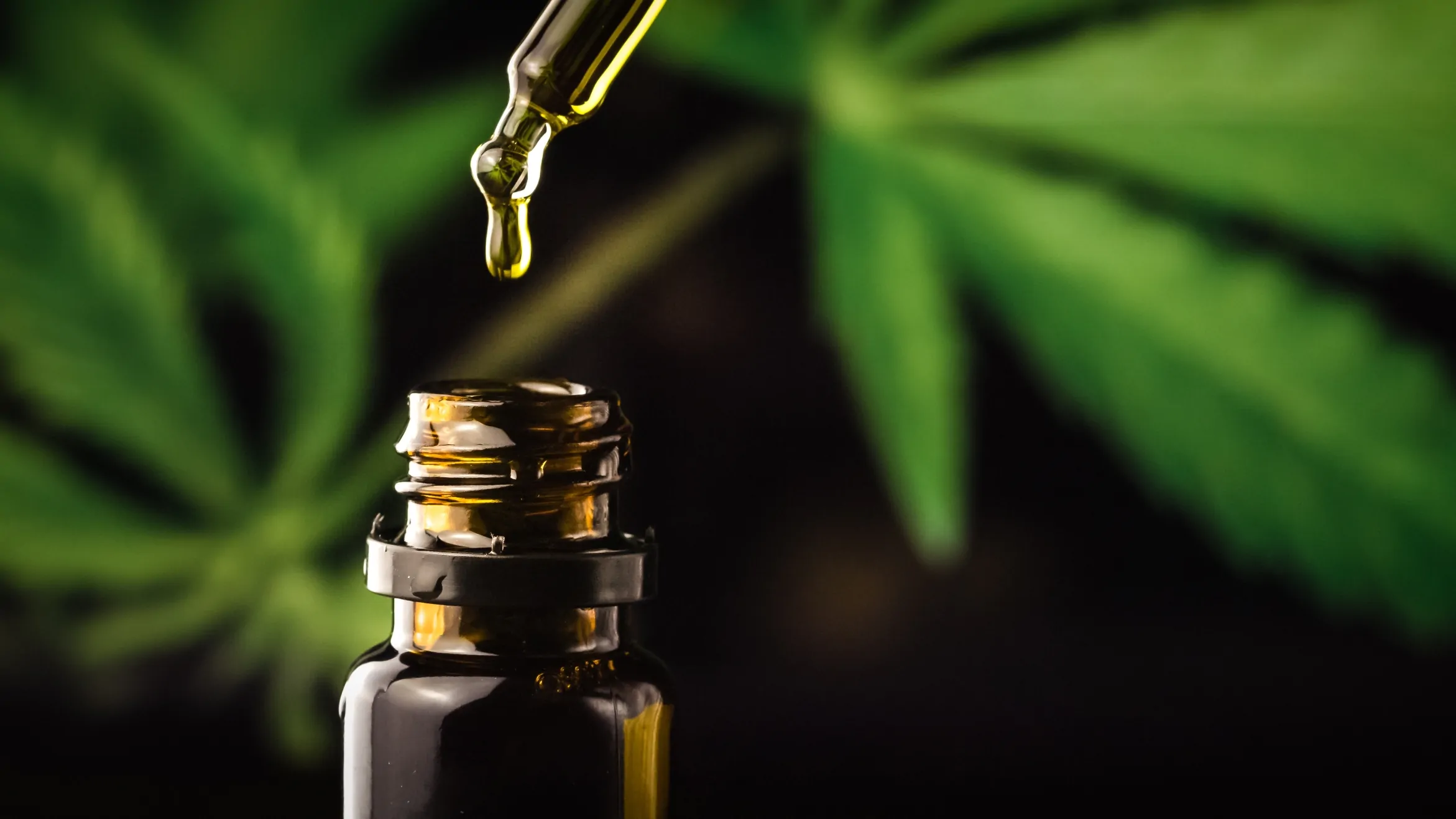The Alabama Legislature passed a bill in May to allow medical cannabis in certain situations, but there is still infrastructure to be put in place before anyone will actually be able to use it.
The Alabama Medical Commission first met in August and one month later selected John McMillan, then state treasurer, to serve as the director of the commission.
McMillan said work began in earnest with the start of the fiscal year on Oct. 1.
The task before them: training and licensing doctors and setting up the permitting process for manufacturers and distributors.
Fortunately for the commission, the law passed by the Legislature is thorough in many of these processes.
“It’s very specific and comprehensive legislation,” McMillan said. “It lays out what we’ve got to accomplish and timelines and everything. It’s the most comprehensive piece of legislation for getting down in the weeds that I’ve ever seen. Our mission is to take that piece of legislation and put it into effect.”
The law is 100 pages long and sets many pieces of the process. The product can come in a variety of forms — McMillan said the most common will likely be capsules and tinctures — and specifically cannot be raw plant material, edibles or anything smoked or vaped.
Valid illnesses include autism, Crohn’s disease, depression, PTSD, epilepsy, HIV/AIDS, Cancer, terminal illnesses, panic disorder, Parkinson’s, sickle cell anemia, spasticity, Tourette’s, and even chronic nausea or pain. However, documentation is required to show conventional treatment or therapy has been unsuccessful.
The law does not require insurance companies to cover cannabis and does not prohibit employers from terminating employees for use of cannabis.
With the state dictating that license applications be available by September 2022, the commission has a tight deadline.
“It’s a pretty strong task because once we get done with our draft, it’s going to go through two to four months for the Legislative Services Agency to do their process,” McMillan said. “There’s a real sense of urgency to get these rules and regulations prepared.”
McMillan said the commission is aiming to have cultivators ready to go by spring 2022 so that the product can be ready once licenses are available in the fall.
When the bill passed in the House of Representatives, opponents raised concerns about other states that passed similar laws and ultimately shifted toward legalizing recreational marijuana.
The law specifically states that it is not the intent to open the door to recreational use, and McMillan emphasized that.
“Some states including Florida came back and amended their laws to allow smoking,” McMillan said. “That’s not something we’re advocating at all.”
McMillan said it is important to get the permitting and licensing process right since marijuana remains illegal outside of the specified uses.
“You’ve got to be able to confirm a product as being legitimate versus illegal in a traffic stop,” McMillan said.
The commission meets again on Thursday, Nov. 18.












































